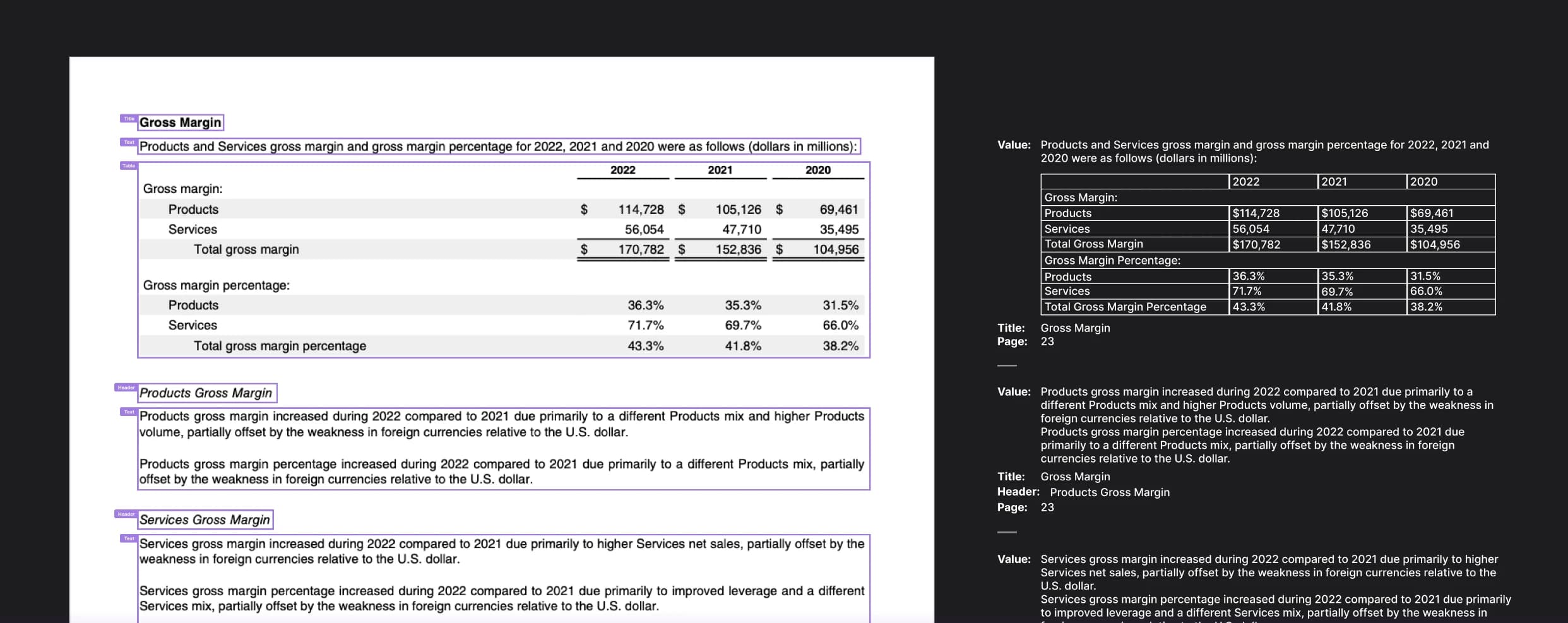
The Real Cost of Manual Document Processing
In the rapidly evolving business landscape, artificial intelligence (AI) is transforming how companies manage data. Reducto is at the forefront of this change, using AI to revolutionize document processing. Their approach simplifies tasks like PDF processing, data entry, and process automation, making them more efficient and error-free. This article dives into data about the less commonly discussed costs of manual data processing, and how Reducto can help.

The Real Cost of Manual Data Entry
Manual data entry, a common practice in many workplaces, incurs significant costs. Research shows that employees spend about 10% of their time on manual data entry into various systems, accounting for more than half of their working hours on document creation and updates. This includes working with PDFs, spreadsheets, and word documents.
Consider this: an average employee engages in over 1,000 copy-paste actions weekly, summing up to more than 52,000 annually. For a team of 20 in business operations, this escalates to over 21,000 weekly copy-pastes, and a staggering one million plus annually. Such extensive time investment in manual data entry could be redirected to more strategic, value-adding activities.
Furthermore, a Zapier Data Report reveals that a staggering 83% of workers spend 1-3 hours daily fixing errors caused by manual data entry, significantly impacting productivity and contributing to employee frustration and burnout [1]. Additionally, 76% of respondents spend 1-3 hours each day just moving data from one place to another, highlighting the inefficiency and time-consuming nature of manual data entry.
A Variety of Challenges
Despite its long-standing role in business operations, manual data entry presents several challenges in the current digital environment:
- Time-Consuming: It is slow and requires careful attention, often necessitating multiple verification steps.
- Error-Prone: Humans are likely to make errors during repetitive tasks like data entry. A study by the NIH found that 58% of data entry errors in hospitals had the potential to cause adverse effects on patients, underscoring the serious implications of such mistakes [2].
- Scalability Issues: As a business grows, its data processing needs increase, rendering manual entry inefficient.
- Security Risks: It introduces vulnerabilities that could lead to data breaches.
- Inconsistency: Variability in data input standards can lead to inconsistent data entry.
These challenges underscore the need for more efficient, AI-driven solutions like those offered by Reducto.
Reducto: A New Approach for Intelligent Document Processing
Reducto is an AI-based document processing solution that employs the latest advances in vision models and LLMs to offer a robust and reliable approach to document processing. It intelligently understands the layout of a document and uses specialized processing pipelines for every content type, from multicolumn layouts and tables to images and graphs.

Advantages of Reducto Over Traditional OCR in Tax Work
While OCR technology is commonly used for document digitization, it struggles with the complexities and nuances of tax documents. Reducto's AI-driven approach provides a more comprehensive and efficient solution, ideally suited for the varied and detailed nature of tax documents.
Conclusion
Document processing is a core bottleneck for enterprises and Reducto's product offers a promising new solution to the problem. Businesses across lending, insurance, and healthcare use Reducto to significantly reduce the hours spent on routine manual tasks like data entry, and are able to do so securely and accurately.
If you're interested in learning more about how Reducto can help you build better RAG pipelines, process automation, and more, fill out the form below to schedule a demo!
References
[1] Zapier Survey: Meetings aren't killing productivity, data entry is
[2] NIH Study: Problems with health information technology and their effects on care delivery and patient outcomes: a systematic review


